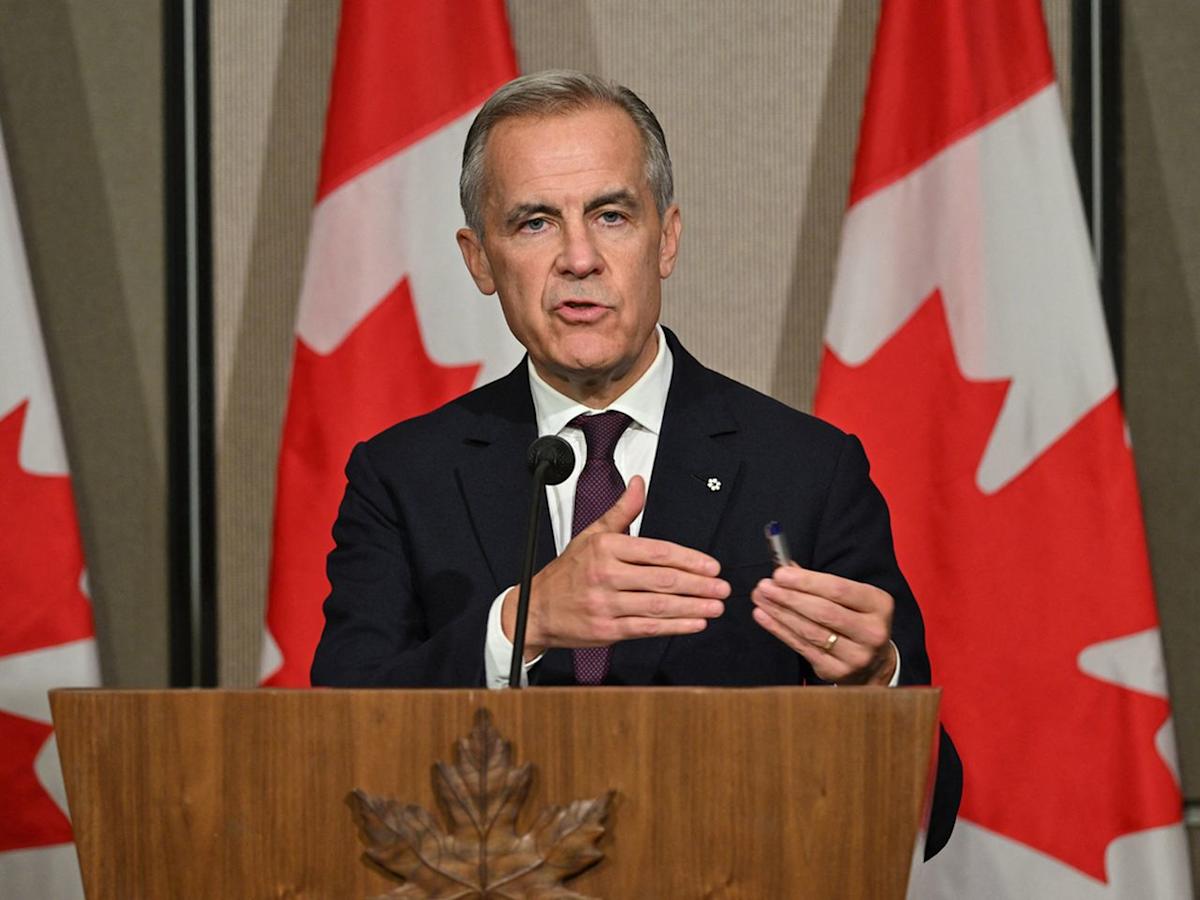Canada’s federal deficit could go as high as an unprecedented $100 billion in this fiscal year, leading at least one economist to warn that the country shouldn’t take its gold-plated AAA credit rating for granted.
“While a debt downgrade isn’t imminent, Canada’s AAA status shouldn’t be taken for granted,” Randall Bartlett, deputy chief economist at Desjardins Group, said.
Based on announced increased spending and tax cuts by the federal government, Desjardins, in a report, estimated the deficit could hit $70 billion for the fiscal year 2024-2025, but could also climb as high as $100 billion.
Previously, Canada’s deficit was projected to come in at between $48.3 billion and $43.2 billion.
Among the major spending increases pressing on Canada’s finances is a pledge by Prime Minister Mark Carney to increase defence spending to two per cent of gross domestic product (GDP), with a potential price tag of $9.3 billion in this fiscal year, as well as increased money for housing and a tax cut of one per cent for the lowest tax bracket. The government is also expected to take in less revenue due to tariffs.
“All of this is expected to add up to bigger deficits and higher debt and ultimately risks putting federal finances on an unsustainable path,” Bartlett said.
The country’s debt-to-GDP ratio is also expected to increase rather than slow as previously pledged in the fiscal economic statement released last December during the final days of Justin Trudeau’s tenure.
The debt-to-GDP ratio in the last fiscal year was 42.1 per cent, and it was projected to drop to 41.9 per cent in this fiscal year and to 38.6 per cent by 2029-2030.
However, that ratio is now expected to rise to 43 per cent “over the medium term,” according to a September report by the Parliamentary Budget Officer (PBO).
“Compared to our March outlook, the federal debt-to-GDP ratio is 4.5 percentage points higher in 2029-30 and is no longer projected to be on a declining path over the medium term,” the report said.
Bartlett said Canada’s apparent deteriorating debt-to-GDP ratio represents a big change from a year ago and is one less positive metric in the country’s arsenal.
“My sense is that, given everything that has been changing domestically and internationally, while Canada’s credit rating is probably not at an imminent risk of being downgraded, we’re not on the kind of positive trajectory we were on even just a year ago, when the federal government was forecasting a falling debt-to-GDP ratio,” he said. “That would have done more to secure the outlook for the credit rating than the path that we’re on right now.”
However, Canada still ranks as a fiscal star compared with other countries and that matters to rating agencies, he said.
“Given the international context, Canada continues to be the cleanest dirty shirt in the fiscal laundry basket,” he said.
For example, Canada’s central government debt as a percentage of GDP was 52 per cent at the end of 2024, compared with 102.7 per cent for the United States, 200 per cent for Japan, 94 per cent for France, 132 per cent for Italy and 100 per cent the United Kingdom. Only Germany’s was lower at 43 per cent among the Group of Seven countries.
Canada also ranks the lowest on a net-debt-to-GDP basis at 13.3 per cent as of 2024, compared with 100 per cent the U.S. and 130 per cent for Japan.
In reaffirming Canada’s credit rating last year following the spring budget, Moody’s Corp. said, “Should the political consensus on maintaining sound public finances erode and government debt ratios rise materially above current expectations, the government’s credit profile could come under pressure,” though it described that outcome as “unlikely.”
Moody’s, however, said Canada will find it hard for the country to affordably finance its debt if its credit rating is harmed by its “long-term economic growth potential” and ability to absorb economic shocks deteriorating.
Bartlett said credit agencies won’t be hesitant to act if they see a country’s fiscal position deteriorating, pointing to the recent move to downgrade France’s debt due to ongoing turmoil in the government.
“And so in the G7, Canada still looks like one of the better performers. And even relative to a broader group of countries, Canada is still kind of best in class when it comes to its fiscal outlook,” he said.
• Email: gmvsuhanic@postmedia.com

